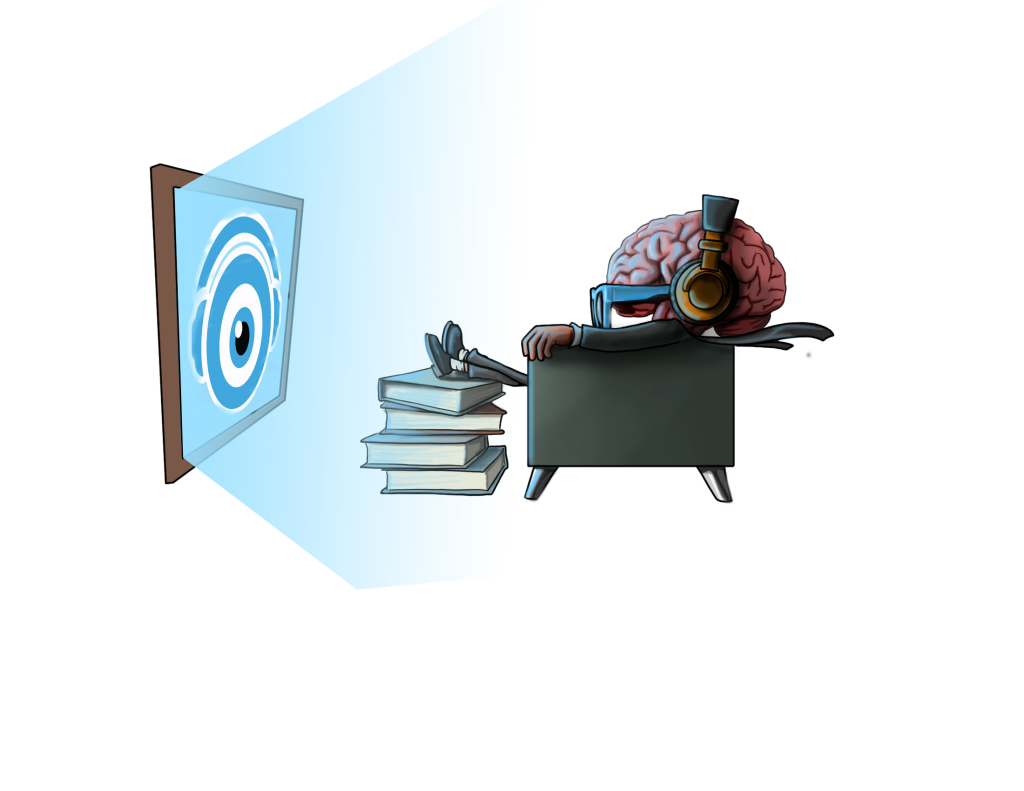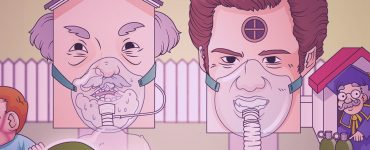Pharmacists help people live healthier lives. They play an integral role in healthcare teams and benefit the overall community. But before you can get there, you have to go through pharmacy school!
If you’re trying to navigate your pharmacy program, you’re in the right place. Subjects like pharmacology, a fundamental topic within the pharmacy curriculum, require time and dedication to learn and master. That’s why we’ve compiled a list of study tips for pharmacy students so you can ace your classes. Let’s pave the way to becoming a successful pharmacist together.

How hard is it to study pharmacy?
It’s definitely hard, but not impossible. Getting through the coursework doesn’t have to be rigorous and the daunting task of memorizing drugs for pharmacology isn’t as intimidating as you may think. All you need is the right study tools and approach which we’ll cover below.
Top study tips for pharmacy students
Learn how to study pharmacy to the best of your abilities—you can do it!
1. Hype yourself up
That’s right. We’re putting self-care at the top of this list! Studying can be overwhelming, especially for a big exam or after a long day of classes.
Before you jump in, take a breath and check in with yourself. What do you need to get started? What can you reward yourself with after or throughout the process? If you need some caffeine or a sweet treat, grab it and get studying.
Making sure your needs are met will help you defeat feelings of frustration and provide more motivation to get through studying. Try it out and see how you do!
2. Review before and after
Come to class prepared. This means reading before lectures, taking plenty of notes, and asking questions if you have them. After each class, reflect on what you’ve learned and highlight key takeaways for the day. Highlighting key points will make it easier to return to lecture notes for a quick refresher.
If you still have outstanding questions, don’t hesitate to ask for help. That’s what office hours and study buddies are for!
For extra tips on getting through school, read these 5 things every pharmacy student needs to know.
3. Lean on audiovisuals

Nonstop reading is tiring. Thankfully, our digital world has a lot to offer all kinds of learners. If you’re a visual or auditory learner, watch pharmacology videos on YouTube, rewatch recorded lectures, listen to a podcast, or try out Picmonic, an audiovisual study tool!
Audiovisuals are effective because they activate multiple brain pathways in our brains, making information more memorable and fun to learn. Picmonic, for example, has short, interesting, and memorable videos containing pharmacy and medication mnemonics.
4. Have a deck of flashcards
If you’re in a bind and need to freshen up your memory, flashcards are helpful for memorizing keywords, medication prefixes and suffixes, definitions, drug interactions, and more.
No matter how you do it, they’re great for consistent reuse. Into handwriting and color-coding physical flashcards? Be our guest. Want to make your own digital pharmacology deck? Sure thing. Prefer to leverage an existing deck on Anki? No problem! Pro tip: you can use Picmonic’s Anki deck add-on to elevate your study session and access pharmacy topics from your digital flashcards.
With the vast information you need to recall in pharmacology, don’t push yourself to make a deck for everything. That would be way too many flashcards. Keep it simple and only use it when you need it.
5. Quiz yourself
Quizzing is an active studying method with many benefits. Quizzing yourself can help ease test-taking anxiety, refine your strategic test skills, uncover your weaknesses, and identify your strengths!
You can start or end your study session with a quiz to see what you know and what you’ve learned. Make your own from a textbook or lecture or access Picmonic’s comprehensive library of 1,300+ pharmacology videos and quizzes.
Prefer to space out your self-quizzing? Picmonic’s daily spaced repetition quiz is autogenerated in your queue for long-term retention, so you can take it whenever you’re ready to ensure you recall the information you need.
6. Plan accordingly

Planning and organization is key. If you don’t already have a schedule, then it’s time to make one! Pencil in your lecture, study, and friends and family time for the week. This will be your guide for a successful year.
When big exams are approaching, you may want to make your schedule more detailed. Write what topics you want to review, block off more study time, and indulge in the resources available to you! For example, Picmonic has a pharmacy study guide, playlists, and more for exam prep.
Some folks may tell you that you should never stray from your schedule, but even when you write it down, it’s not set in stone. Remember to hold yourself accountable when need be and be flexible with yourself. Life happens.
7. Engage with the material
You can never have enough active learning methods! Engaging with pharmacology and medication facts is a must for long-term memorization. Try out these methods and see which one fits your learning style best.
- Describe or write it in your own words
- Read out loud to yourself
- Teach your friends
- Create your own picture mnemonics (it’s as fun as it sounds)
That’s it! Go forth and sign up for Picmonic.













